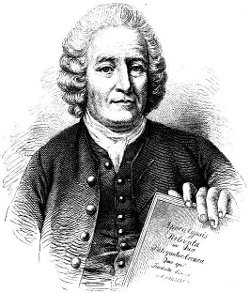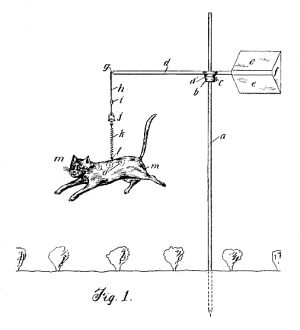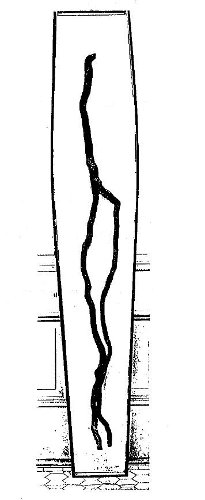
On July 21, 1759, Emanuel Swedenborg attended a dinner party after returning to Gothenburg from England. He went out for a short interval and returned pale and agitated. He told the party that a fire had broken out in Stockholm, 250 miles away, and that it was spreading quickly. He said it had already destroyed the house of one of his friends, whom he named, and that his own house was in danger. Two hours later he exclaimed, “Thank God! The fire is extinguished the third door from my house.”
The following morning the governor questioned Swedenborg, who provided a description of the fire, including how it had begun and ended, and word spread throughout the city. Two days later a messenger arrived from Stockholm bearing letters that confirmed Swedenborg’s account, and a royal courier brought news reporting the extent of the fire, the houses it had damaged and destroyed, and the time it was put out. All confirmed Swedenborg’s description.
“What can be brought forward against the authenticity of this occurrence?” wrote Immanuel Kant, who elsewhere criticized Swedenborg’s mysticism. “My friend who wrote this to me, has not only examined the circumstances of this extraordinary case at Stockholm, but also, about two months ago, at Gottenburg, where he is acquainted with the most respectable houses, and where he could obtain the most authentic and complete information, as the greatest part of the inhabitants, who are still alive, were witnesses to the memorable occurrence.”




